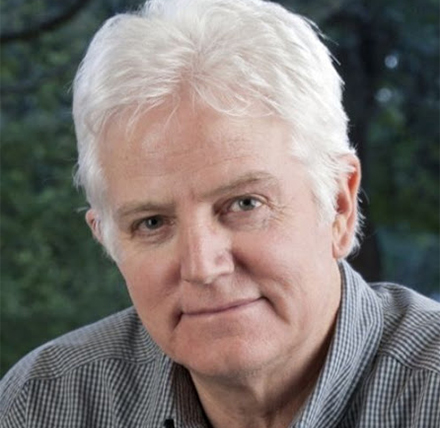Farm foresters in New Zealand are now fully informed on how to play a role in helping role solve NZ land use issues according to the incoming Farm Foresters Association president, Graham West. This is after their 5-day annual conference in Wellington where they were addressed by the New Zealand Minister of Forests, Stuart Nash and the Parliamentary Commissioner for the Environment, Simon Upton. Source: Timberbizz
Both emphasized the need for an integrated approach to trees in the landscape and greater promotion of the farm forestry concept.
The theme for the conference, “Trees and the political landscape”, and the large attendance of 187 interested participants, clearly signals the membership of this organisation takes its role seriously in being a major contributor to the current land use debate occurring in many forums.
To prepare for this, the conference carefully selected top level presenters. Climate change impacts, adaption, and building resilience was a consistent backdrop to many of the presentations.
Incentives for tree planting and regulations around tree crop establishment or harvesting are now commonplace. Numerous senior officials informed the conference of key new regulatory developments that will either encourage or control trees in the landscape.
However, few provided answers to how 680,000+ hectares of new planting will be incentivised to achieve the goals suggested in the recent Climate Change Commission (CCC) advice.
Mr West said that while the Farm Forestry Association currently struggles to attract new members, there was the clear realisation that the expansion of this “climate positive industry” rested unfairly on the shoulders of volunteers who were advanced in years and looking to pass the baton.
He said that if the national interest of New Zealand was to be served by trees, then more of these passionate and experienced folks are needed. They provide their practical knowledge freely on a national basis through the 25 branches and six species action groups. However, the statistics on new tree planting show that this is not enough, and planting goals are not being achieved at the scale suggested by CCC.
Mr West said if a consistent program of tree planting is desired by NZ, several strategic issues emerged in the conference that need to be addressed concurrently to encourage private investment.
Voluntary groups like the Farm Forestry Association have the practical skills and hence need to be supported with funding to coordinate professional field officers that facilitate information transfer via field days and preparation of case study material.
“The heavy reliance on radiata pine to do many roles in the forestry sector, is a major risk in terms of biosecurity,” he said.
“But species diversification needs to be addressed by government because it is a national risk that individuals don’t address.
“Knowledge of alternative species options and management practices is well developed in farm forestry, but the significant risk around processing and markets remains.
“While we cannot de-risk the future, we can reduce the upfront costs when establishing these alternative species, ie the government needs to mitigate that risk through larger grants.”
The visit to the congested Wellington log port during the conference field days clearly demonstrated the issue of infrastructure investment.
If the desire is for a large climate positive industry based on wood, a long-term plan is needed, and investment, to create a world class wood supply chain Mr West said. As with most commodities this will be key to the successful delivery of reasonably price biobased products to the world market.
“We have plans to rejuvenate the membership and provide better communication and services. The passion and vigour that an aging farm forestry membership mustered in conference discussions inspired many non-members attending,” Mr West said.
“The members may be elderly, but they demonstrate innovation, intellect and energy to solve many problems at a national level. Their enjoyment from the company of trees tells you of their gentle nature, they live in tune with the land, and if you join them, you will find they are some of the best people you will have had the privilege to meet”.






